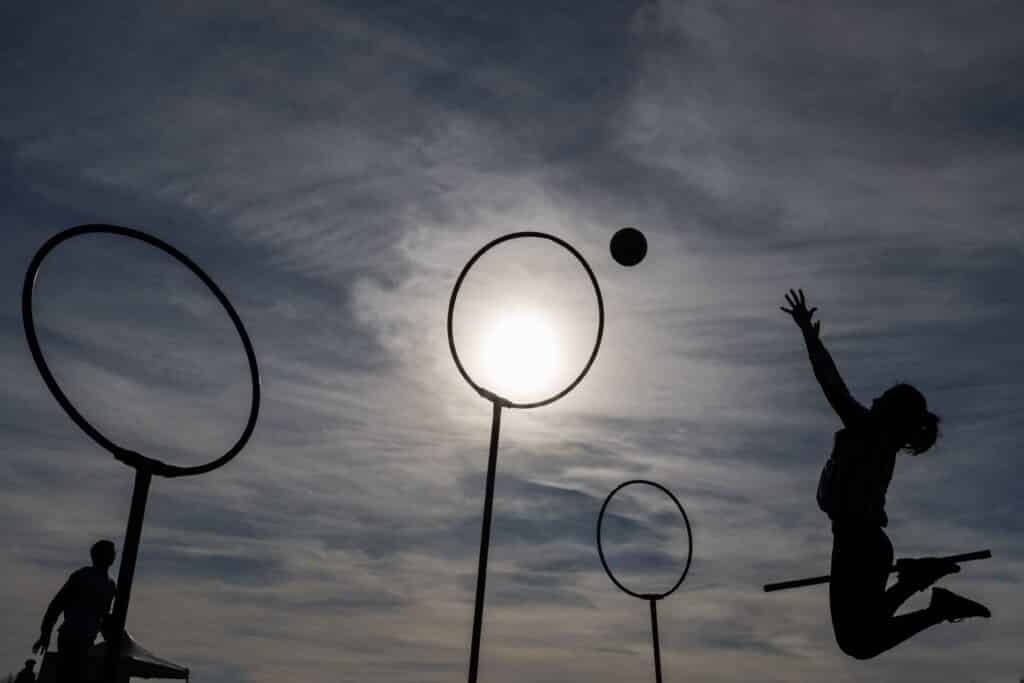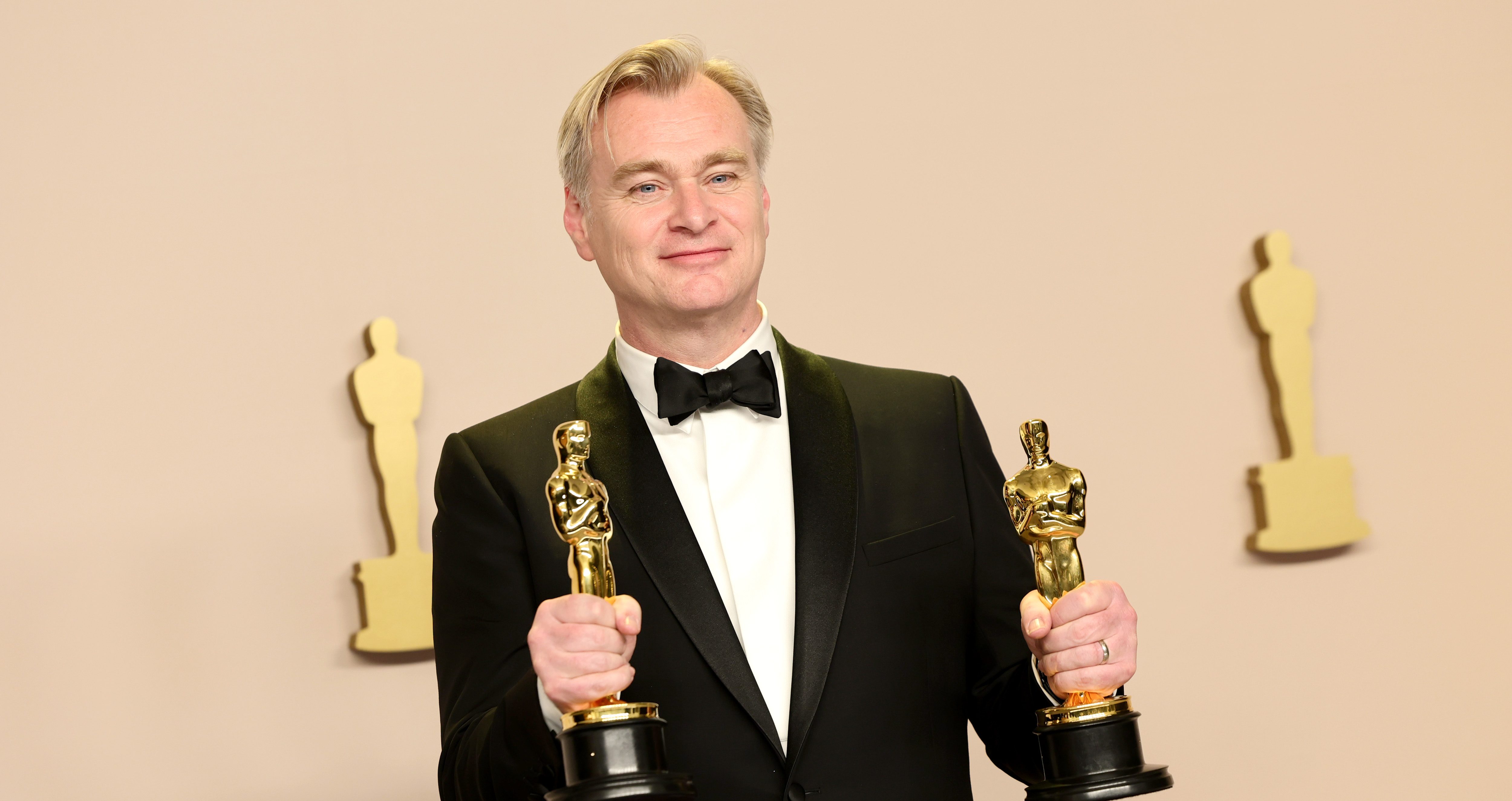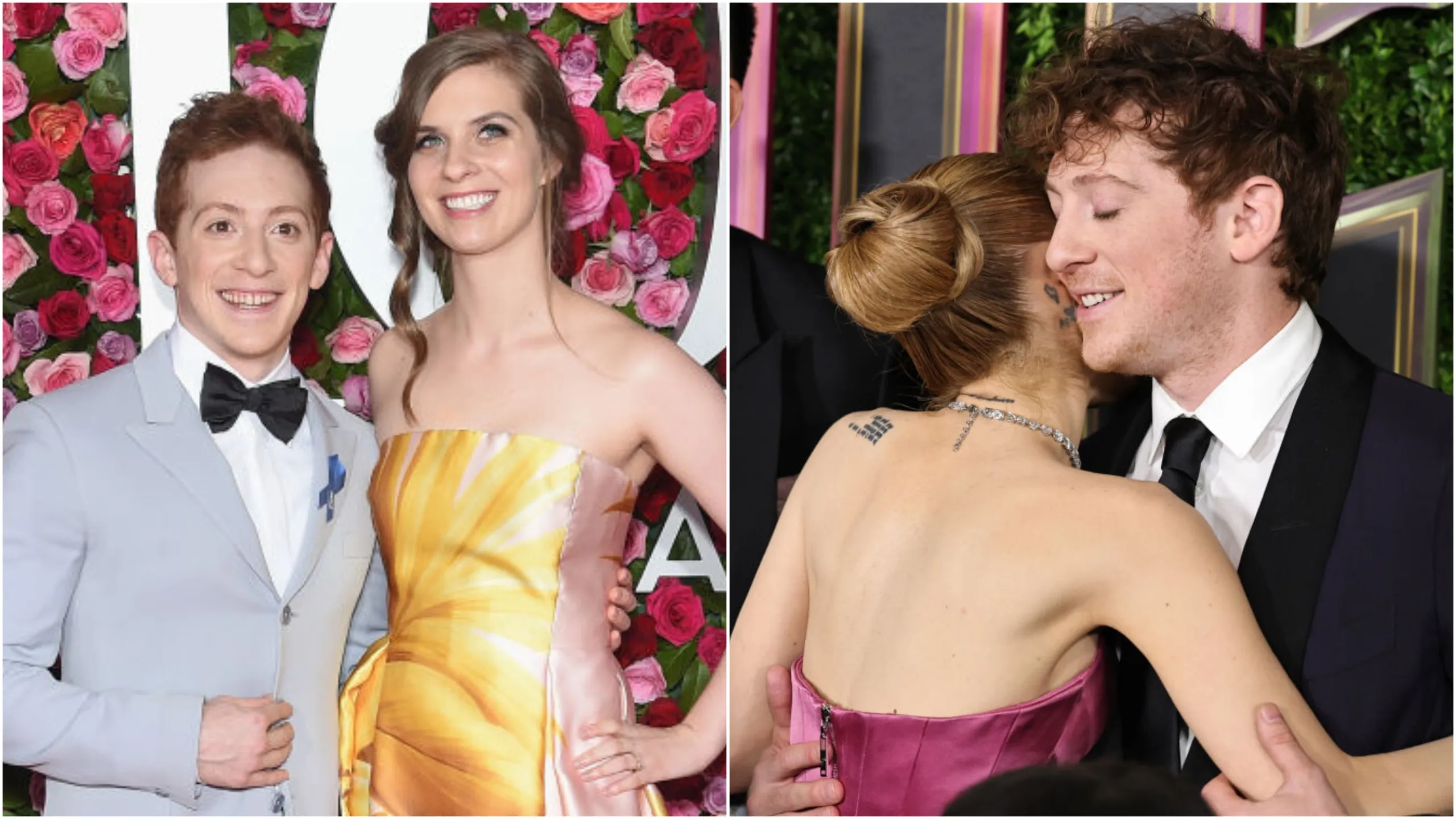Real-life sport of quidditch changes name to distance itself from JK Rowling
The sport has been praised for its diversity. (Credit: LOIC VENANCE/AFP via Getty Images)
Quidditch (yes, it’s a real sport) has officially changed its name to quadball, in an effort to distance itself from JK Rowling.
The sport was inspired by the wizarding game of the same name in Rowling’s Harry Potter books.
But in an effort to distance itself from the author, on Wednesday (20 July), the International Quidditch Association (IQA) made the announcement it would be adopting the name quadball.
It comes after US Quidditch and Major League Quidditch changed to US Quadball (USQ) and Major League Quadball (MLQ).
USQ and MLQ previously released a joint statement slamming JK Rowling’s “anti-trans positions”, and now their mission to distancing the sport from Rowling has become a reality internationally.
Chris Lau, chair of the IQA Board of Trustees told Reuters: “[We are] very excited to be joining USQ and MLQ in changing the name of our sport and supporting this change across our members worldwide.
“We are confident in this step and we look forward to all the new opportunities quadball will bring. This is an important moment in our sport’s history.”
Quadball has previously been dubbed the world’s queerest sport, due to the high number of non-binary and LGBTQ+ people that compete.
Inclusion is at its heart, with the sport’s rules stipulating that a team cannot have more than four players who identify as the same gender in a team of seven.
Its commitment to diversity is evident in the demographic of the sport – more than 11.9 per cent of quadball players identify as trans, compared to an estimated 1 to 1.3 per cent in the general population.
Fifty-five per cent of quadball players identify as something other than heterosexual.
USQ and MLQ website states: “We want our sport to be inclusive of people of different ethnicities, cultural backgrounds, ages, languages, gender, sexual orientations.”
The sport sees two teams of seven players mount (non-flying) broomsticks and run around a large pitch. The players attempt to score points by tossing a ball through three hoops of varying heights at either end of the pitch.

This name change will not only distance the league from Rowling, but also enable it to expand as it was unable to do so with ‘quidditch’ trademarked by Warner Bros.
The organisation will be able to get sponsorships, increase its revenue and open up the sport to new opportunities.
Mary Kimball, executive director of USQ, said: “Renaming the sport opens up so many more revenue opportunities for both organisations, which is crucial to expansion.”
Quadball today has nearly 600 teams in 40 countries playing the game, according to the IQA.
Quadball has provided a safe space for players and has helped so many people come out of the closet and live life fully.
In a previous interview with PinkNews, Sam, who plays for Edinburgh’s community team Kelpies QC, said: “The first people I came out to were my quidditch friends. They were the ones that let me know this was a possibility. The first non-binary person I ever met was in quidditch and then one year later I was out.”
And when it comes to She-Who-Shall-Not-Be-Named, most of the players try to dissociate her from the sport.
“I don’t like to think about JK Rowling. I disagree with the majority of her beliefs,” another player, Hugo, added.
JK Rowling continues to draw criticism for her outbursts on trans rights.
Rowling recently praised an anti-trans film created by Matt Walsh, that featured him asking various people “what is a woman?”. T
he movie was described by LGBTQ+ Nation as a tool that “provides ammunition for those who seek to deprive transgender people of access to affirming and life-saving healthcare”.
Rowling praised the film for “exposing the incoherence of gender identity theory and some of the harms it’s done”. She later distanced herself from Walsh.
Rowling has continually insisted she is not transphobic.






